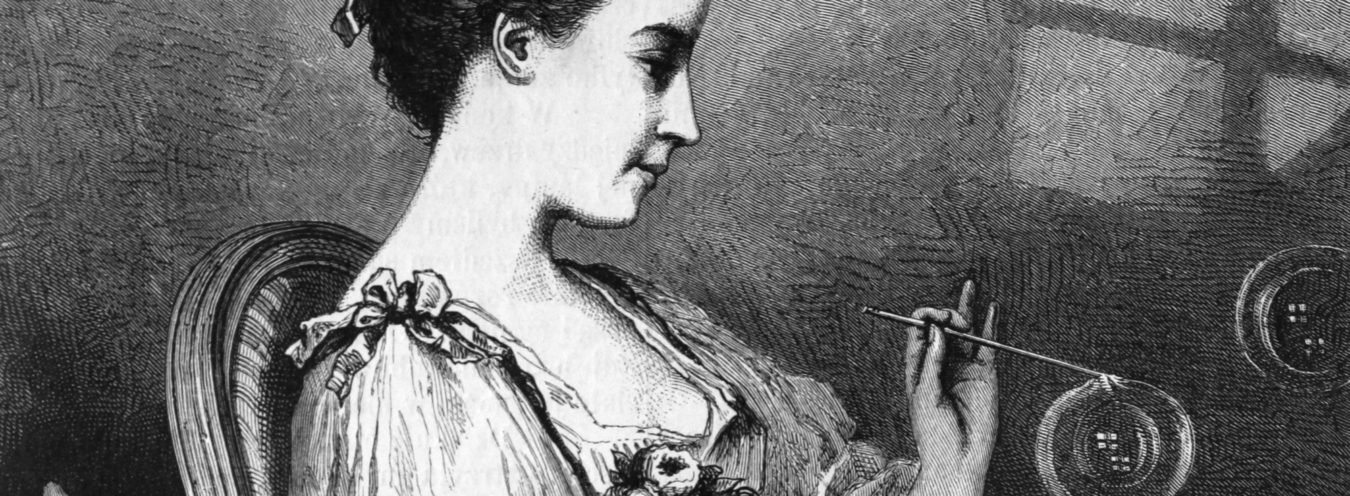
Philosophy
Philosophy (from Greek phileo: to love, Sophia: wisdom) is the oldest and the most comprehensive domain of human knowledge. It focuses on the meaning of life, the beginning and end of the world, the existence or non-existence of intangible reality, and other fundamental issues.
The Doll was written at the time when positivist attitudes were prevalent and Enlightenment-derived tendencies to radically reform philosophy and its branches were still in circulation. Auguste Comte (1798–1857), the originator of the term ‘positivism’ and the most eminent thinker of that time, argued that the one and only function of philosophy is the classification and cognitive verification of findings made available by individual sciences (such as mathematics, astronomy, biology, etc.). He believed that entire branches of philosophy known since antiquity (e.g., theology and metaphysics, which assume that abstract, immaterial factors shape the reality) are completely pointless because they are based on wrongly posed questions which cannot be answered in a sensible, matter-of-fact manner.
The reformist tendencies of positivism sparked an inclination towards philosophical thinking also among fiction writers. Most reviewers and critics consider The Doll to be a philosophically informed work which deals precisely with these types of basic questions; some even claim that the very structure of the novel, consisting as it does of interwoven questions and answers, is reminiscent of the genre of philosophical dialogue. The novel’s timing is likely to have been an additional motive for referring to such weighty philosophical issues: The Doll was written in the period that bridged two different epochs, at the wane of the optimistic positivist thought and the beginning of the modernist pessimism accompanied by radical individualism which criticised, or even rejected the established norms of social order. These emerging dilemmas are clearly noticeable in the novel, which reflects the major philosophical and ideological trends of its time.
→ Darwinism; → Decadent Movement; → Nihilism; → Organicism; → Socialism; → Utopia;
Bibliografia
- Lalka i inne: studia w stulecie polskiej powieści realistycznej, ed. J. Bachórz and M. Głowiński, Warsaw 1992.


